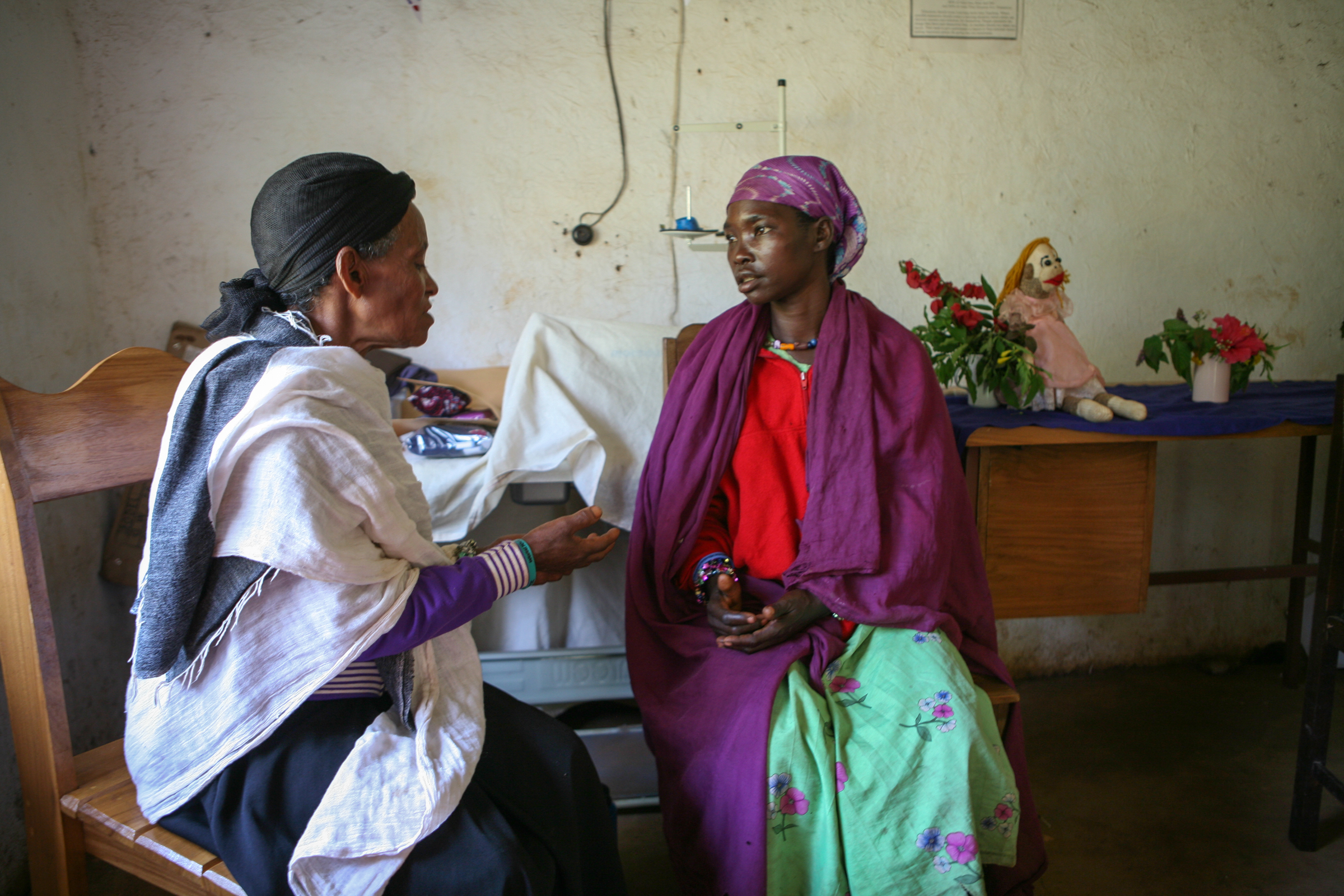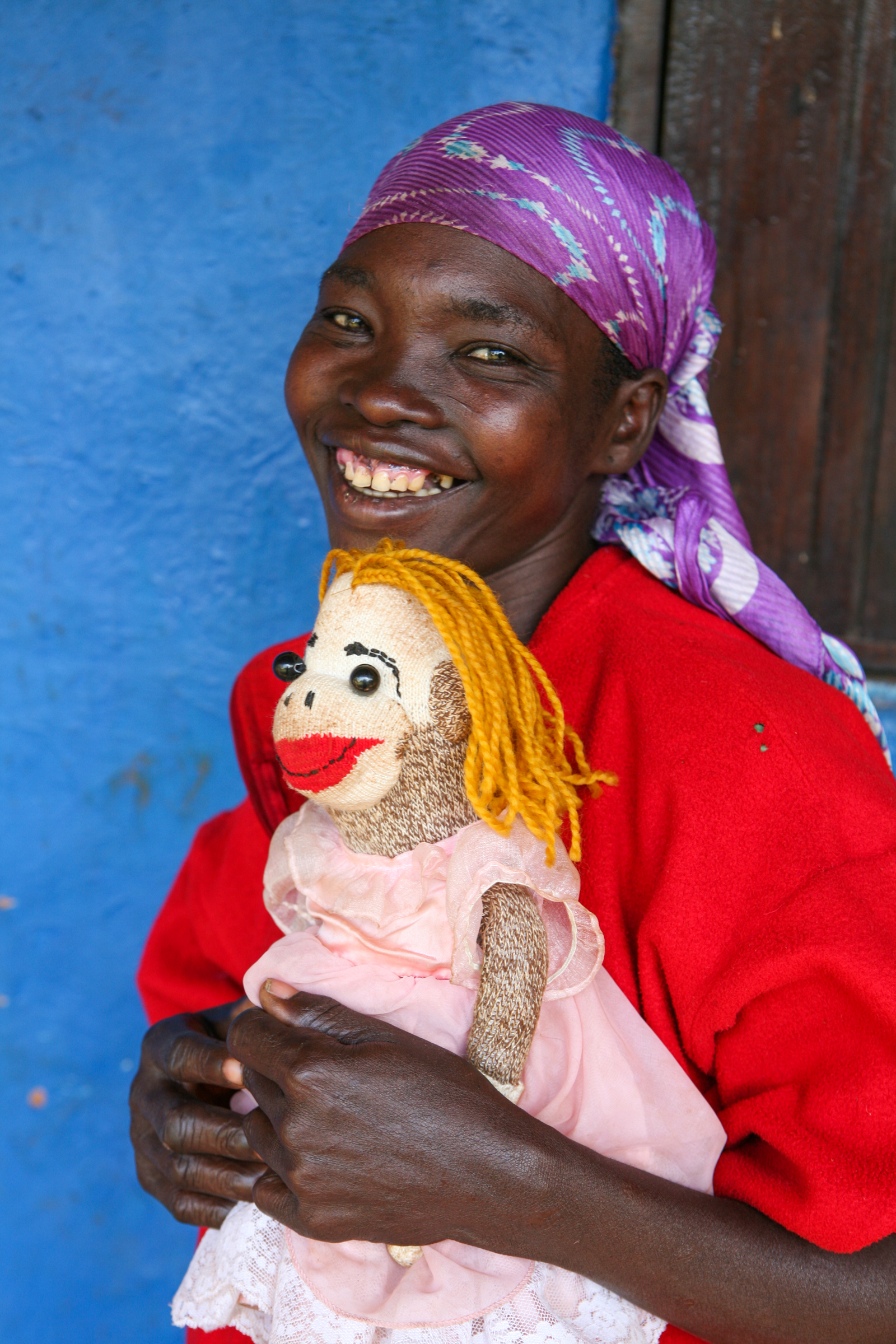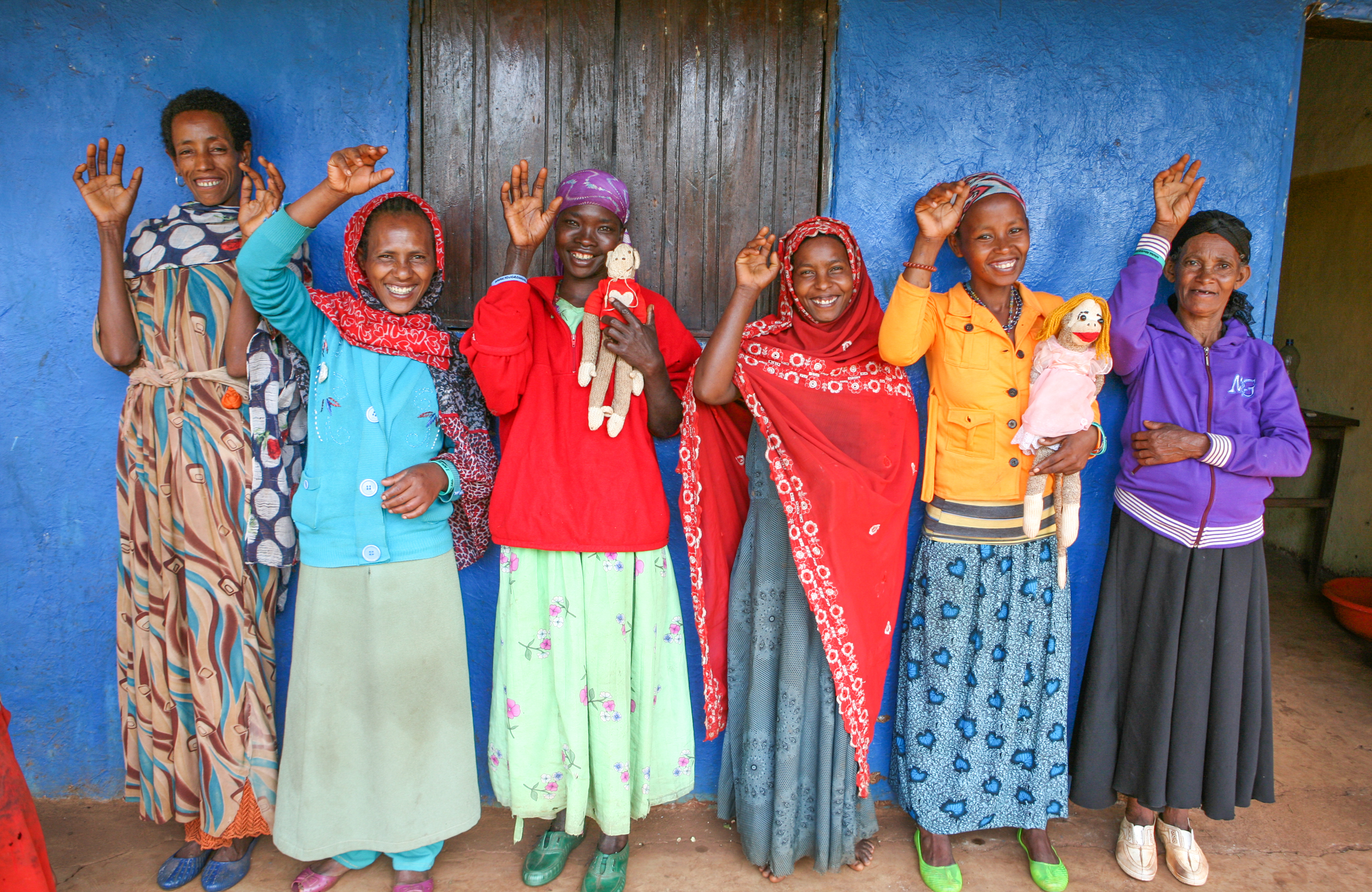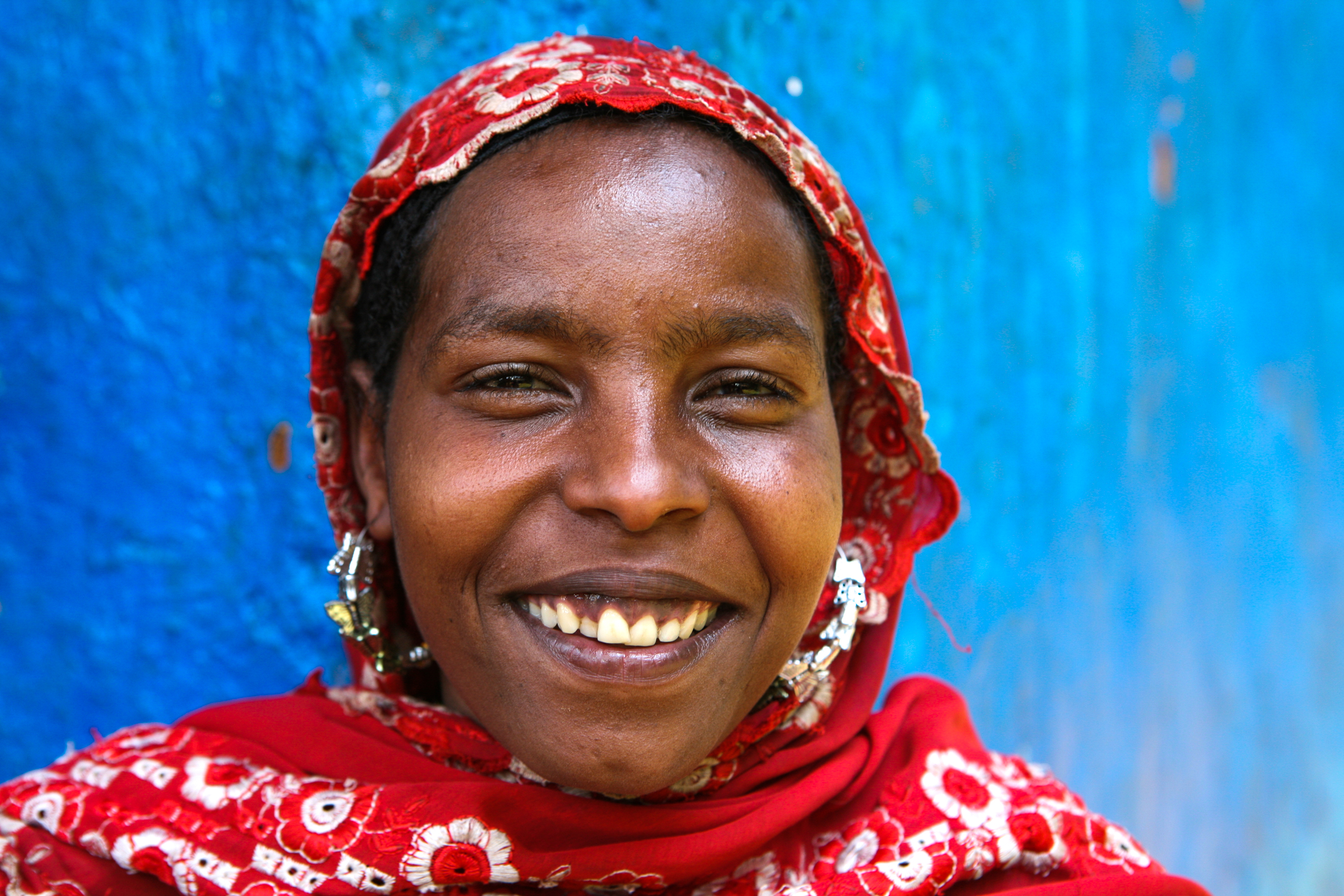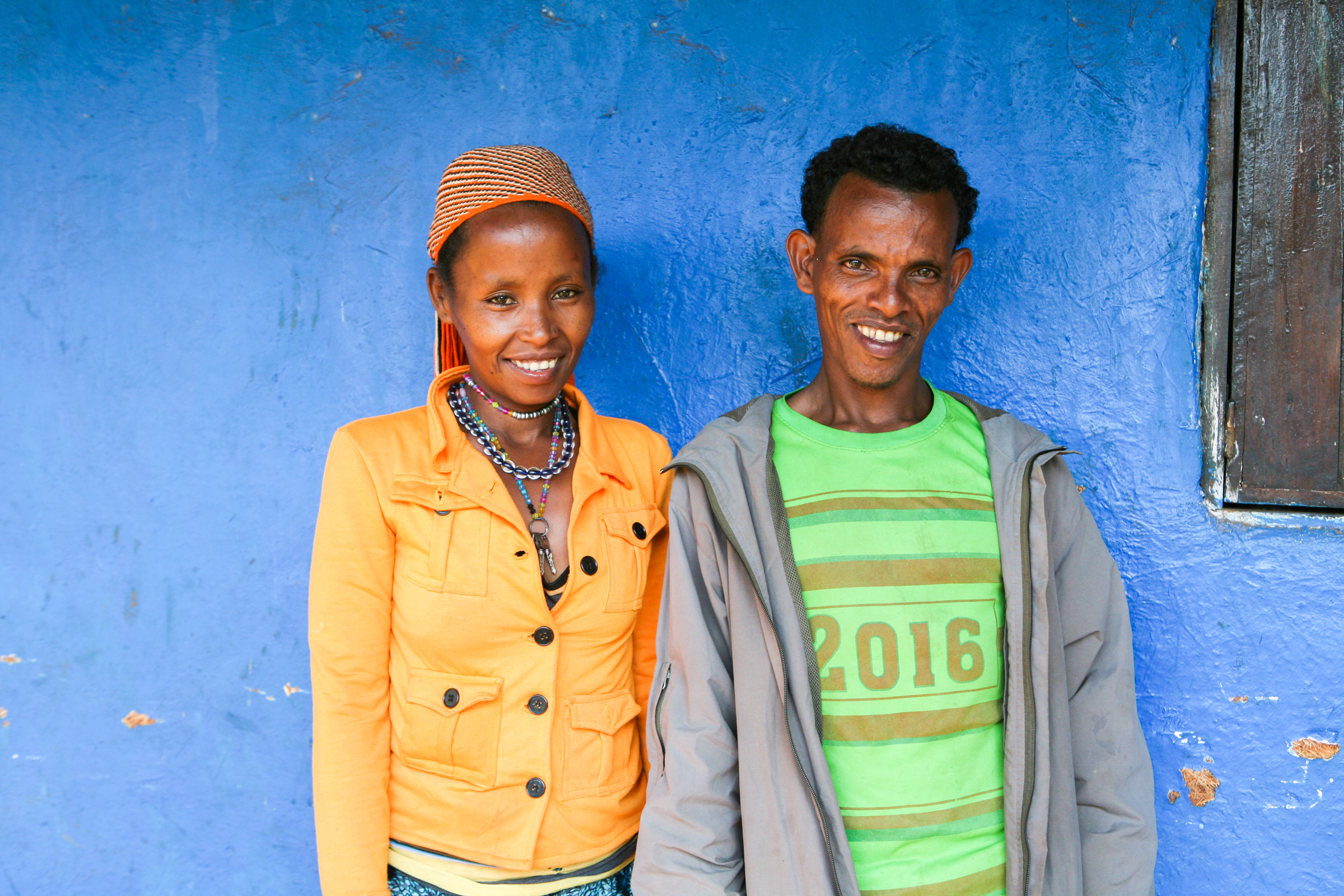This year our blog will include stories from around the world where The Circle Way, in response to the complexity of our times, is promoting racial, gender, ethnic, economic and environmental justice in our organizations and communities.
TravelPoet and circle practitioner Kristie McLean starts us off with her beautifully told story, and photos, of hosting circle in rural Ethiopia.
Communities of Belonging: Creating and Hosting Circle in rural Ethiopia
I’ve recently returned from a seventh trip to the landscape of yellow Meskel flowers, red dirt roads and vibrant headscarfed women. Ethiopia is the largest land-locked country in Africa and teems with more than 84 different tribal groups and languages. On my first trip to Ethiopia in 2010, as a documentary photographer, I learned about the heartbreaking and preventable childbirth injury Obstetric Fistula. Subsequent journeys have evolved into an ongoing project that provides advocacy, resources and community for those women whose pelvises were not large enough to birth their babies and whose bodies were torn open in their excruciating, and unsuccessful, efforts to deliver.
I arrived by jeep to Begi town, in the Oromia region of Western Ethiopia, 275 miles from the border of South Sudan, on a Monday evening shortly before dark. One of the fistula patients, an Arab woman named Melesen with a colostomy bag, was already waiting on the compound. We embraced joyfully, my arms wrapping almost twice around her thin frame, kissing each other on both cheeks a dozen times, laughing and crying. The other fistula patients arrived gradually, shadows rising out of the darkness and early morning light, from far-off villages, for our days of Circle together.
The same greeting unfolded each time: embraces, gratitude, recognition of sisterhood. Due to violence, kidnapping and political instability in Ethiopia, it had been two years since my last visit. While it is always true that tomorrow is never promised, the circumstances of these women and the climate in which they live make every opportunity to see one another a privilege and a gift.
In my work with marginalized populations around the world, I have found Circle to be a trusted framework. My spirit resonates with the concepts of shared power and rotating leadership, presence and attunement to group energetics. I do my best to flatten power structures wherever I am: in prison, in mud huts, on the streets of Seattle. I’m relationally wired, so asking wholeheartedly about another’s experience and perception feels natural. My view is only one brick. It takes us all to build a cathedral.
There are qualities I strive for in every circle I host: beauty, safety, inclusion, connection, innovation, levity, though the strategies to achieve each goal vary on environment and context. Without electricity or Internet access in Begi, it’s hard to do much pre-planning. I never truly know how many will show up, the specific space in which we’ll meet, what supplies may still exist from a previous trip. That’s made me self-sufficient, armed with a plan that may be pierced with arrows immediately, and radically reliant on the collective wisdom of a group.
I dismissed the first staff offering of a meeting space: a chilly, cavernous, earthen structure with open-air windows used for church gatherings. It felt wrong on so many levels. Not only are many of the fistula patients Muslim, they are filled with shame at their physical condition. I’ve long ago learned that a rural, Ethiopian woman will not speak authentically in the company of men, and who knows who might look in, or lurk, at the windows? As a host, I claim fierce protection and responsibility of those on the rim.
We landed on a small room with a desk, bookcases, one window and a sewing machine I had purchased with donor funds on the last trip to begin a sewing cooperative. We swept, carried in wooden chairs and lugged in a low, round table for a center with the cloths, candle, bell and small ceramic angel I had brought for a talking piece. I strung up some blue and white twine with tiny clips on which the circle participants would hang small pennants with their names and art. It felt important to make the space beautiful: there is so much about the life of an uncured fistula patient that is rough and dirty and filled with hardship. I wanted this to be otherwise.
Photo credit: Kristie McLean
In the end, it all looked quite wonderful. We’d gathered yellow blossoms and red hibiscus flowers and collected them in chipped china cups, and I arranged the chairs and tacked a faded table runner as a makeshift sconce over the window. It was left open, hopefully a subtle strategy along with the Pumpkin Spice candle, to combat the stench of uncontrolled urine and feces. But it was also lovely: sometimes function and fashion can be easily stitched together.
We gathered as women, fistula patients filling the chairs. They gazed in wonder at the space, touched the bell reverently, chuckled at the flowers. Melesen, who used to never smile or participate, grabbed the angel talking piece and with glee was the first to check in. She spoke of her challenges: due to violence in the country and roads being closed, she had not been back to the hospital in Addis Ababa and had been forced to re-use her colostomy bags for months. Her husband was spending all of his time with his new wife; she had been tricked by an unkind neighbor into selling her cow and now had no source of income.
The stories continued one by one, sometimes joyful, often wrecking. I tried to keep breathing, focused on the center, asked the candle’s light for protection and wisdom. The group check-in lasted until lunch time. In a culture where lengthy greetings are customary before any formal content ever surfaces, I am no longer surprised.
One of the things I most value is the longer-arc of time I have spent in the community of Begi since 2011. Each trip is filled with its own data points: some weighted more toward frustration, other tipping toward luminous. This experience was no different. I marveled in hearing how many of the women’s lives have vastly improved over the past few years. Their initial three sheep have bred and led to other livestock and opportunities. Ajayibe, who tried to end her life seven years ago by hanging from a tree, is now happily reconciled with her family and has bought an ox that her father uses for plowing. That feels miraculous.
Others aren’t so lucky. Ayalu’s father and stepmother stopped supporting her some time ago, and when the community told Ayalu that she should marry someone to help with her animals, she agreed. While Mahamed seems kind, Ayalu is the 2nd wife and her father does not accept him. He and her family beat both of them badly, threatened prison for Mahamed, sent a man to kill Ayalu. The story grew increasingly grisly, and the couple is now living in Mahamed’s village trying to piece a life together. Ayalu’s heartbreak was clear: even with her life in actual jeopardy, she was reluctant to leave her father’s land since it meant abandoning her animals and the house that once belonged to her dead mother.
Circle is not about fixing. Neither is international aid work. I’m a firm believer that both require deep listening, tools to instill personal resilience and a sense of shared care for everyone present. There’s a sacred recipe needed: an honoring of “what is” and gentle inquiry into “what can be.” Often, we really do know our own best solution. Or we can glimpse it through the eyes of those illuminated on the perimeter.
Not everything worked. Diribe, the main staff and translator for our circle had pain and complications with her own pregnancy and was gone for a few hours at a doctor’s appointment to check on the baby. In her absence, a kind (male) staff was brought in to help with translation. Either his efforts fell flat or the women were hesitant to share as freely. Even the creative invitation for the women to decorate a paper pennant with colored markers or stickers was not immediately successful. No one moved toward the art supplies. Perhaps they either didn’t know what to do or were shy due to illiteracy. In the end, the results were colorful, bright beacons waving over our space like triumphant flags. But it took some doing.
I’m always careful to infuse activities that engage different senses and types of leadership: kinesthetic, small group/large group, self-reflection. I believe introducing alternative ways of engagement is important, AND not all of them work as intended. I tried an exercise designed to provide positive feedback for what was appreciated about each women in the group. It was intended to combat the violent and critical messages they hear from family and community each day due to their condition. Somehow, this didn’t translate; the concept of expressing gratitude and appreciation for each other was as foreign as a white farangi in rural Africa. Often the conversation devolved into what the women were thankful for in me, or they didn’t know what to say about one another. But I was steadfast. How can our species survive if we as women can’t acknowledge the humanity and struggles of our sisters?
Photo credit: Kristie McLean
There were many beautiful moments. I watched in delight as the women spoke with partners around a happy childhood experience and what they hoped for their futures. Rural women in many places in the world struggle mightily: walking miles for drinking water, losing children due to sickness and disease, suffering violence and abuse, and these women carried an even heavier burden. Most had been rejected by their husbands and families due to an unlucky childbirth that had left them incontinent and their babies dead. Most could no longer have more children or do hard labor so were viewed as worthless and untouchable throughout society. Intentionally bringing in conversations designed to remember happy memories and to invite a state of hope and possibility for the future was transforming. They sat taller in their chairs, passed around my sock monkey for comfort, listened wholeheartedly to each other’s dreams.
Photo credit: Kristie McLean
This trip’s circle experience represented a shift from previous visits. I wanted to focus on the group’s cohesion, on its power as a collective, on how the women could actionably support one another with their own wits and wisdom. As a farangi, I don’t want to be the connect point. I want to introduce the concepts and taproot of Circle and have the tenets that most fit the local culture be picked up and carried forward by others like a lantern.
It takes intention and patience to continually share power, to reshape the narrative in a way that invites solutions-based thinking from within, especially in an environment that readily cedes that power to white foreigners. Again and again I come back to what is elemental: an authentic question, an awareness that trauma must be invited in so that the grace of light can bathe it, a remembrance that so much about presence is beyond words. I don’t need fluency in Oromo or Arabic for my heart to rend at the sobs of a woman gasping through her story. All words in the world can’t express the weight of Chabki’s arm around my shoulder, or the crunch of barley and cloy of too-sweet tea during a mid-morning break, or meeting 15-year old Hawa’s 60-year old husband, or hearing how Gifte’s sheep ate her solar lantern, or watching the fistula patients wave and wave and wave to me as they walked out of the compound past the Eucalyptus tree at the end of this poignant time together.
Perhaps there will be another time to meet. I hope so. Perhaps there will be another circle. I can only trust that the light can carry on, in whatever form is needed, and that no matter how small the flame it will always glow across the darkness.
Photo credit: Kristie McLean
Kristie McLean is a circle practitioner, coach, documentary photographer and writer who creates safe sanctuary, deep taproots and beauty within challenging environments and communities who are largely overlooked. She is actively engaged in hosting work (Circle Way, Non-Violent Communication, Emotional and Cultural intelligence, Appreciative Inquiry and multimedia storytelling) with the Washington State prison population and with Obstetric Fistula patients in Ethiopia. Her passion for building bridges between complex social and humanitarian issues and sustainable, transformational change has led her to more than 50 countries on 6 continents.



